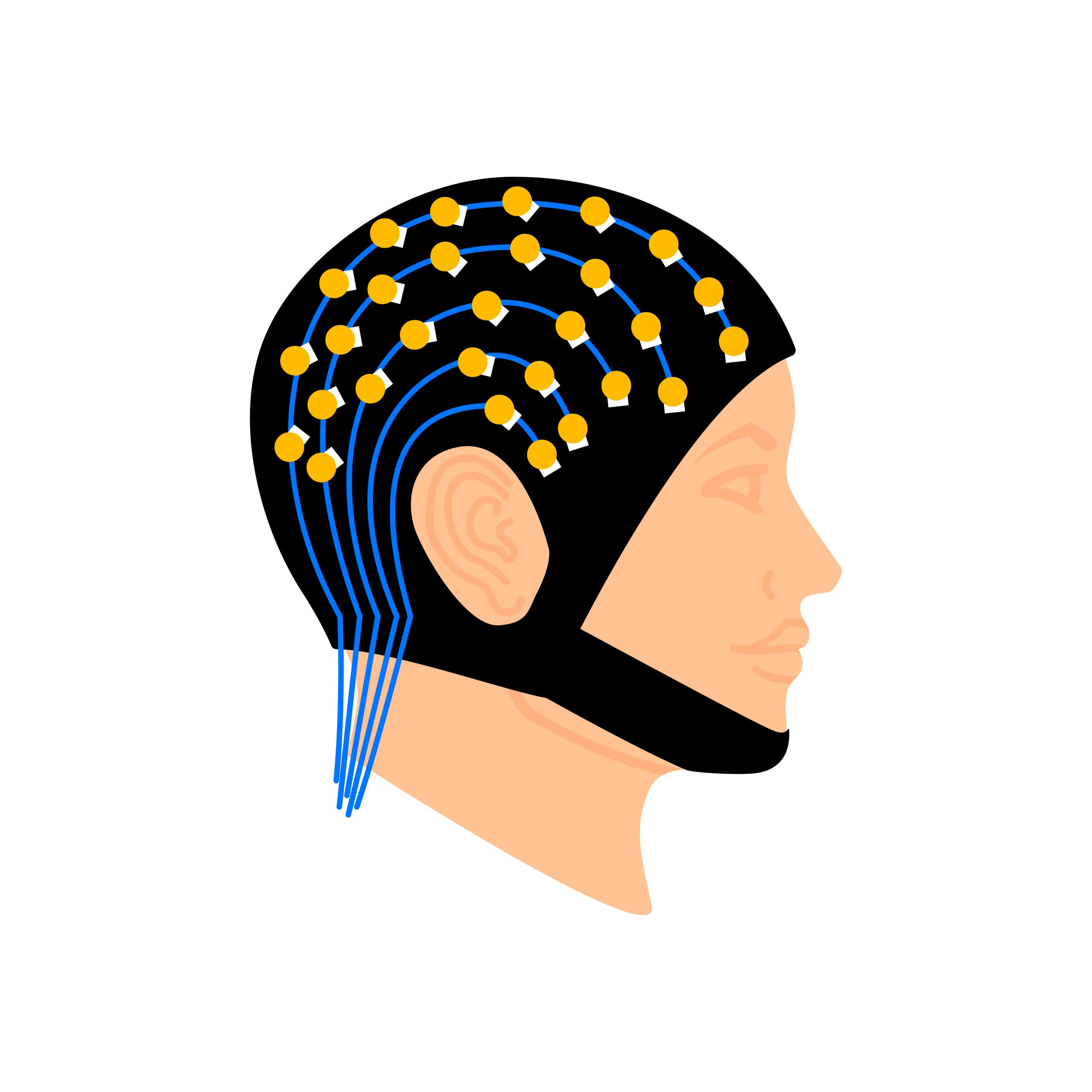Ir. Professor Dr Leong Wai Yie, a senior professor at INTI International University’s Faculty of Engineering and Quantity Surveying (FEQS), has highlighted significant advancements in Electroencephalography (EEG) signal analysis, thanks to the power of Artificial Intelligence (AI). Her review reveals how AI is revolutionising how brain activity is monitored, offering new possibilities in healthcare, neuroscience, and human-computer interaction.


Ir. Professor Dr Leong Wai Yie, a senior professor in the Faculty of Engineering and Quantity Surveying (FEQS) at INTI International University, discusses the groundbreaking impact of Artificial Intelligence (AI) on Electroencephalography (EEG) signal analysis. She showcases how advanced algorithms are revolutionising neurological diagnostics and improving patient care.
EEG has been a critical tool for tracking brain activity for many years. Now, AI is bringing transformative changes to this technology. According to Professor Leong, “AI techniques such as Convolutional Neural Networks (CNNs) and Recurrent Neural Networks (RNNs) have eliminated the need for manual feature engineering by automatically learning key features from raw EEG data. This marks a significant leap in both EEG analysis and epilepsy diagnosis.”

AI is revolutionising brain activity monitoring, offering new possibilities in healthcare, neuroscience, and human-computer interaction.
Recent progress in AI has enabled more effective extraction of essential features from EEG data. By automating the process with CNNs and RNNs, the efficiency, accuracy, and scalability of EEG analysis have been greatly enhanced.
One of the most promising applications of AI in this field is epilepsy diagnosis. Traditionally, interpreting EEG signals has been a time-consuming and subjective task. However, AI-driven systems have demonstrated exceptional accuracy in classifying EEG segments, distinguishing between non-seizure (interictal) and seizure (ictal) states. This innovation improves the precision of diagnoses and allows for earlier detection of seizures.
“The AI-based system we developed for epilepsy diagnosis has shown high sensitivity and specificity in detecting seizures,” explained Professor Leong. “It delivers faster and more reliable results than manual methods, helping clinicians make timely decisions and improving patient outcomes.”
Beyond epilepsy, AI has enhanced the diagnosis of various neurological conditions by automating the complex analysis of brain wave data. This advancement not only boosts diagnostic accuracy and speed but also supports earlier interventions and the creation of personalised treatment plans, potentially reducing the frequency and severity of seizures.
Moreover, AI is streamlining medical practices by speeding up EEG analysis, cutting diagnostic time, and reducing human error. It also expands the reach of advanced diagnostic tools, making them accessible in various healthcare settings, including remote areas. This capability is crucial for early seizure detection. Additionally, AI contributes to more profound insights into brain function, driving the development of new diagnostic tools and therapeutic approaches.
From an economic perspective, AI-driven EEG analysis offers the potential to lower healthcare costs by minimising misdiagnoses and optimising the use of resources. It also enhances patients’ quality of life by enabling better management of neurological conditions and reducing the need for frequent medical visits. Looking to the future, the continued evolution of AI, combined with other data sources and improved algorithms, promises further advancements in EEG analysis and overall brain health care.
In her review, Professor Leong also outlines emerging trends and future directions in AI-driven EEG analysis. Ongoing research will aim to refine AI algorithms, integrate multiple data sources, and explore real-time monitoring to boost the accuracy and interpretability of EEG-based diagnostics.